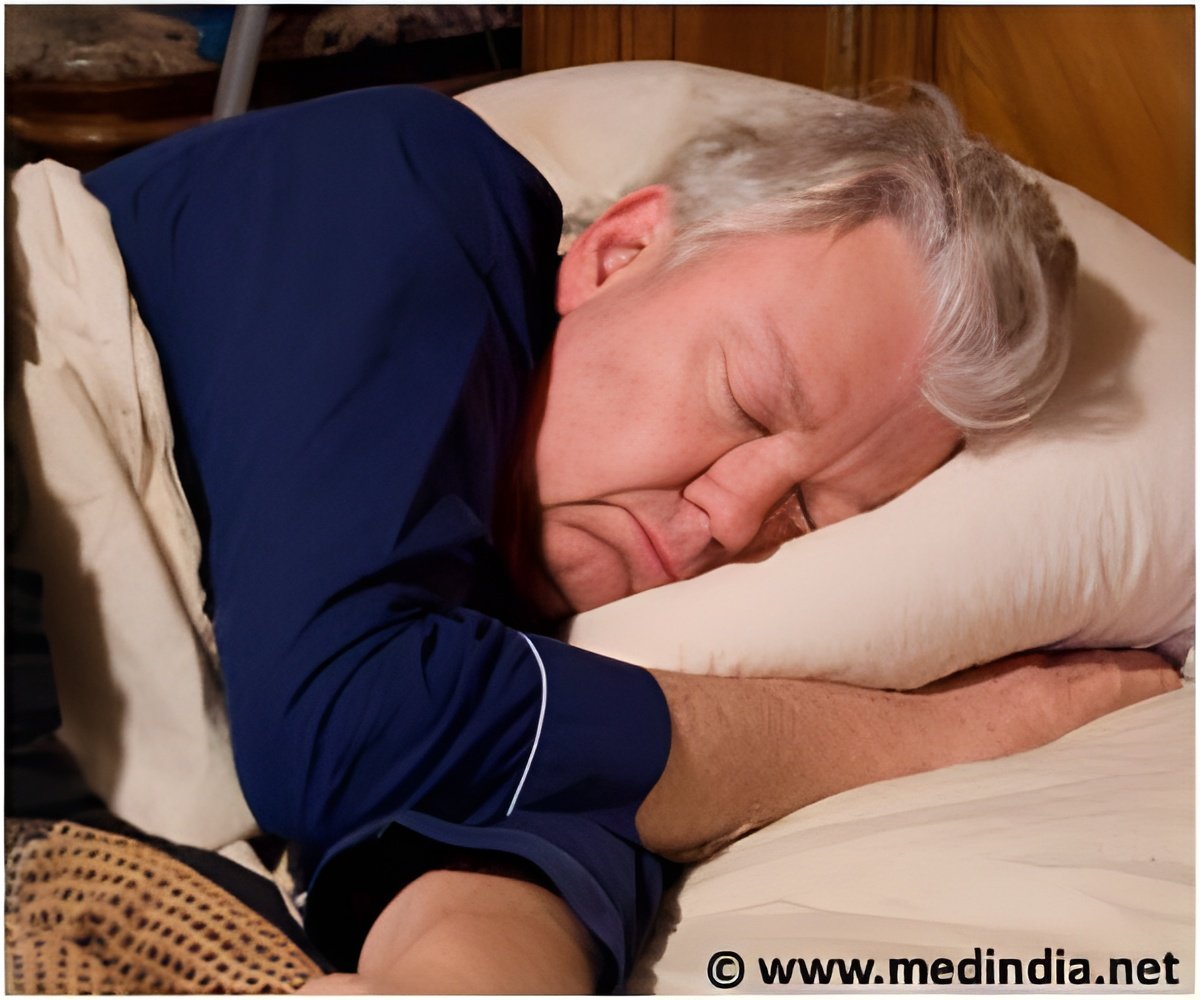Those who spared their sleep due to work slept 45 minutes longer after retirement.

TOP INSIGHT
Retiring enables people to sleep longer, as work schedules no longer determine the times for sleeping and waking up.
Duration of sleep increased especially for people who had had sleep difficulties or were heavy alcohol users prior to retirement. The duration of sleep increased the most for people who did not get enough sleep during their employment and they slept 45 minutes longer during their retirement.
- A sufficient amount of sleep is very important for our health and functioning. Individuals have different needs of sleep, but it is recommended for people over the age of 65 to sleep for 7-8 hours a night.
Retiring enables people to sleep longer, as work schedules no longer determine the times for sleeping and waking up, states Doctoral Candidate Saana Myllyntausta from the University of Turku, whose dissertation research is part of the study.
Sleep Difficulties During Work Life
The researchers discovered that, of different kinds of sleep difficulties, people experienced a decrease especially in early morning awakenings and nonrestorative sleep, where a person experiences tiredness and fatigue after sleeping for a regular duration.
- For example, work-related stress is known to disturb sleep. One reason for the decrease in sleeping difficulties during retirement could be the removal of work-related stress, says Myllyntausta.
The study followed approximately 5,800 people who participated in the Finnish Public Sector study by the Finnish Institution of Occupational Health and who retired on a statutory basis in 2000-2011.
The participants estimated their sleep duration and the prevalence of different kinds of sleep difficulties in surveys before and after retiring. The research was funded by the Academy of Finland, Ministry of Education and Culture, and Juho Vainio Foundation.
Source-Eurekalert
 MEDINDIA
MEDINDIA




 Email
Email










